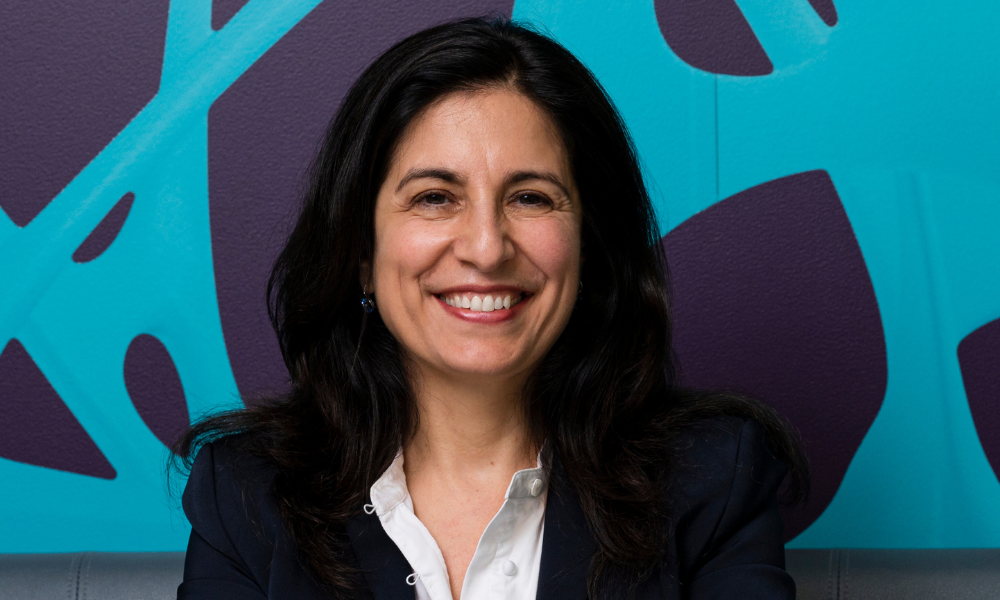A recent study has revealed weight discrimination (even against healthy women) in one sector
Past studies have already shown that obesity negatively affects a jobseeker’s chances for employment.
But a recent study has shown that the bias is more pronounced against women, particularly with jobs in the service sector where they are expected to interact with customers.
“Whether potential employees are seen to be appropriate for a [customer-facing] or [non-customer-facing] job will, to a large extent, be determined by their appearance and capacity for ‘aesthetic labour,’” said study author Dennis Nickson, professor at the University of Strathclyde’s Department of Human Resource Management.
He defined ‘aesthetic labour’ as the practice of firms to hire potential employees based on their looks and how they will appeal to the customer’s visual or aural senses.
“Aesthetic labour recognises how the capacities and attributes of employees can be conceptualised as ‘dispositions’, encompassing a range of aspects including, crucially for this study, the shape and size of the human body,” he said.
The study—Subtle Increases in BMI within a Healthy Weight Range Still Reduce Women’s Employment Chances in the Service Sector—was conducted by showing more than 100 participants pictures of men and women and asked to rate their suitability for jobs in the service sector.
Participants were told that both were equally qualified for the job but were shown photos that reflected ‘normal’ weight and ones that reflected a ‘subtler’ weight gain.
“We found that women, even within a normal BMI range, suffered greater weight-based bias compared to men who were overtly overweight,” he said.
Calling the results ‘deeply unsettling’, Nickson said that the study highlighted “the unrealistic challenges women face against societal expectations of how they should look.”
“From a business point of view, we would argue that employers should consciously work against such prejudice and bias by providing sensitivity training for those responsible for recruitment.”
He also pointed out that certain industries, such as retail and hospitality, should be particularly vigilant about their biases in recruitment.
Related stories:
Bias against obese people on the rise
Is your unconscious bias derailing your progress?
7 steps for promoting better staff sleep habits
But a recent study has shown that the bias is more pronounced against women, particularly with jobs in the service sector where they are expected to interact with customers.
“Whether potential employees are seen to be appropriate for a [customer-facing] or [non-customer-facing] job will, to a large extent, be determined by their appearance and capacity for ‘aesthetic labour,’” said study author Dennis Nickson, professor at the University of Strathclyde’s Department of Human Resource Management.
He defined ‘aesthetic labour’ as the practice of firms to hire potential employees based on their looks and how they will appeal to the customer’s visual or aural senses.
“Aesthetic labour recognises how the capacities and attributes of employees can be conceptualised as ‘dispositions’, encompassing a range of aspects including, crucially for this study, the shape and size of the human body,” he said.
The study—Subtle Increases in BMI within a Healthy Weight Range Still Reduce Women’s Employment Chances in the Service Sector—was conducted by showing more than 100 participants pictures of men and women and asked to rate their suitability for jobs in the service sector.
Participants were told that both were equally qualified for the job but were shown photos that reflected ‘normal’ weight and ones that reflected a ‘subtler’ weight gain.
“We found that women, even within a normal BMI range, suffered greater weight-based bias compared to men who were overtly overweight,” he said.
Calling the results ‘deeply unsettling’, Nickson said that the study highlighted “the unrealistic challenges women face against societal expectations of how they should look.”
“From a business point of view, we would argue that employers should consciously work against such prejudice and bias by providing sensitivity training for those responsible for recruitment.”
He also pointed out that certain industries, such as retail and hospitality, should be particularly vigilant about their biases in recruitment.
Related stories:
Bias against obese people on the rise
Is your unconscious bias derailing your progress?
7 steps for promoting better staff sleep habits





